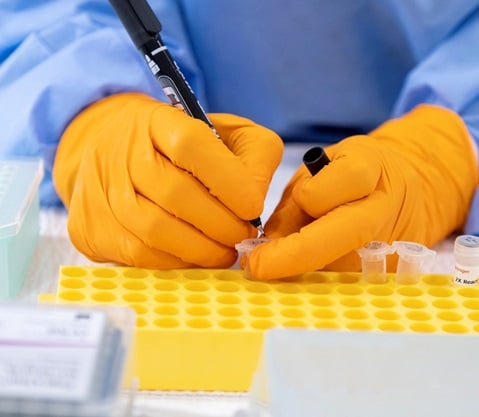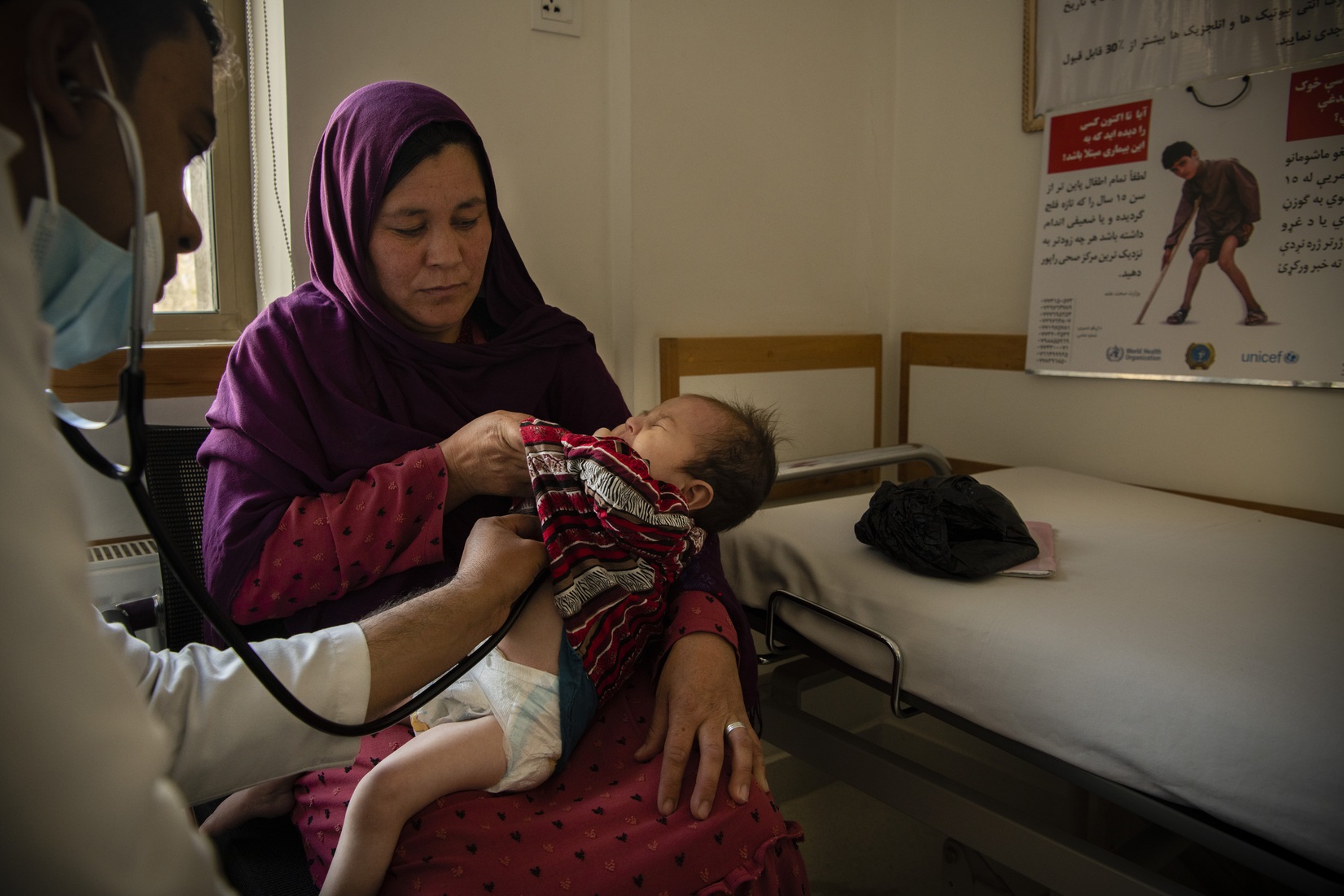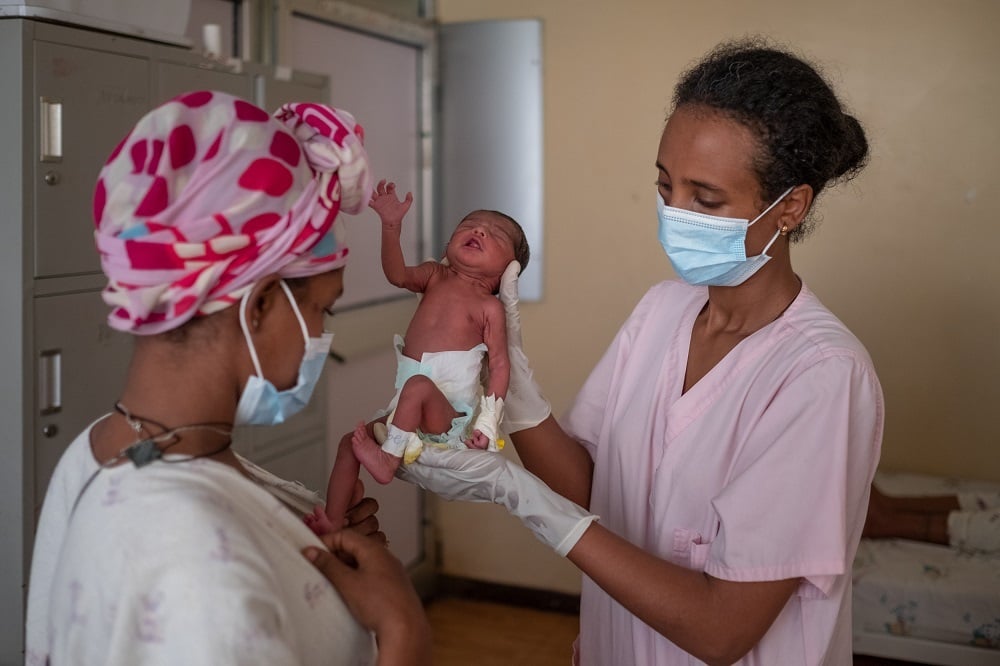WHO announces plans to establish a TB Vaccine Accelerator council
The adverse impact of the COVID-19 pandemic on tuberculosis (TB) services has brought the urgency of vaccine development efforts into sharp focus. Speaking earlier today at a high-level panel on TB at the World Economic Forum, Dr Tedros Adhanom Ghebreyesus, Director-General of the World Health Organization, announced plans to establish a new TB Vaccine Accelerator Council.
The Council will facilitate the licensing and use of effective novel TB vaccines catalysing high-level alignment between funders, global agencies, governments and end users in identifying and overcoming barriers to TB vaccine development.
“One of the most important lessons from the response to the COVID-19 pandemic is that innovative health interventions can be delivered fast if they are prioritized politically and financed adequately”, said Dr Tedros Adhanom Ghebreyesus. “The challenges presented by TB and COVID-19 are different, but the ingredients that accelerate science, research and innovation are the same: urgent, up-front public investment; support from philanthropy; and engagement of the private sector and communities. We believe the TB field will benefit from similar high-level coordination.”






